In today’s fast-paced world, stress and poor sleep often go hand in hand. One subtle yet surprisingly common symptom of disrupted rest is waking up with a dry mouth during the night.
While it may seem like a minor annoyance, frequently experiencing dry mouth while sleeping can signal underlying health issues that shouldn’t be ignored.
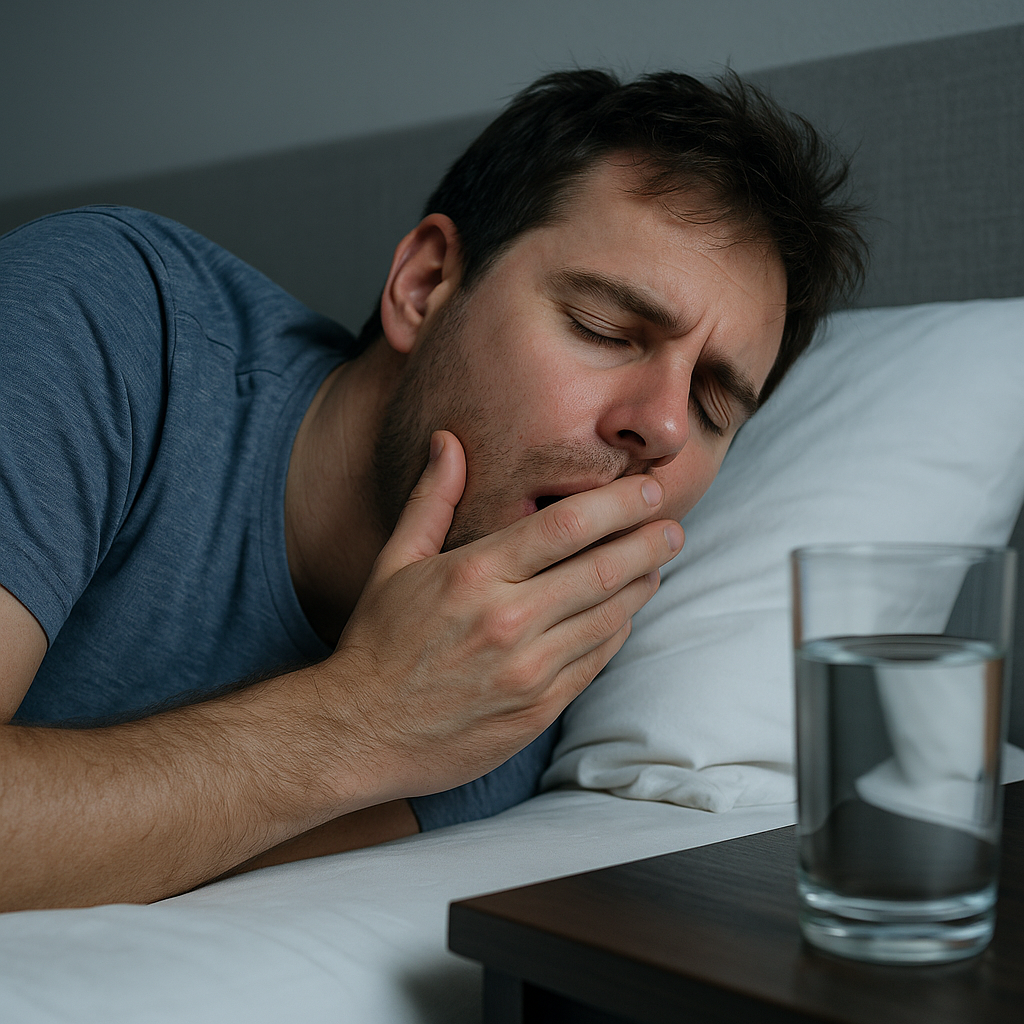
This condition often occurs in the second half of the night and can stem from a variety of causes. Here are eight common reasons why you might be waking up parched:
1. Digestive Issues
Late-night snacks might feel satisfying, but eating greasy, spicy, or salty foods before bed can irritate your digestive system. These foods tend to absorb water and raise fat and sodium levels, making digestion harder on your body while you sleep.
As your body tries to process this heavy load overnight, it pulls water from other areas—like your mouth—resulting in that dry, uncomfortable feeling when you wake up.

2. Liver Problems
The liver is your body’s natural detox center. When it’s inflamed or functioning poorly, toxins may accumulate, affecting various bodily systems.
One subtle sign of liver trouble is persistent dry mouth during sleep. If this happens regularly without an obvious cause, it may be time to have your liver health checked by a medical professional.
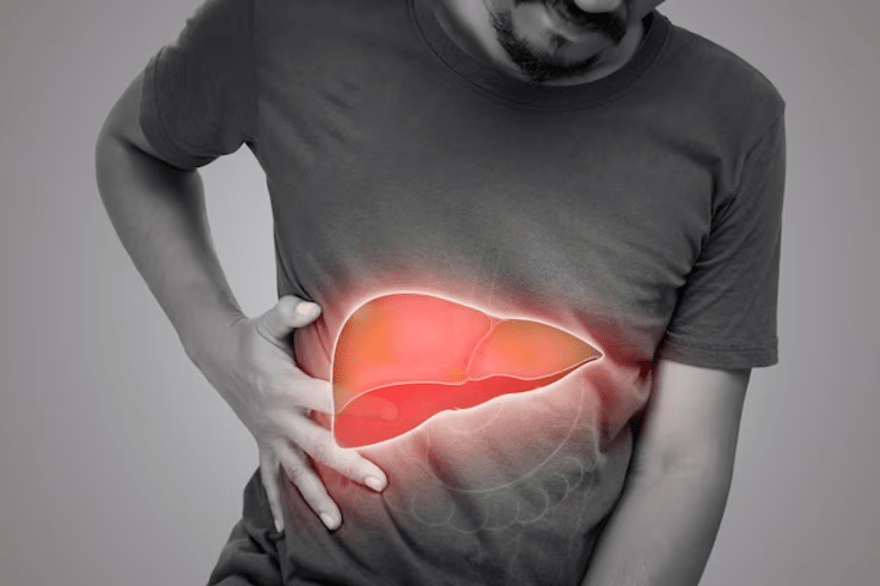
3. Dehydration
One of the most common—and preventable—reasons for dry mouth at night is simple dehydration. Your body continues to lose water as you sleep, through breathing and basic metabolic functions.
If you don’t drink enough water during the day, you’re likely to feel the effects at night. Try sipping water consistently throughout the day rather than drinking large amounts right before bed.
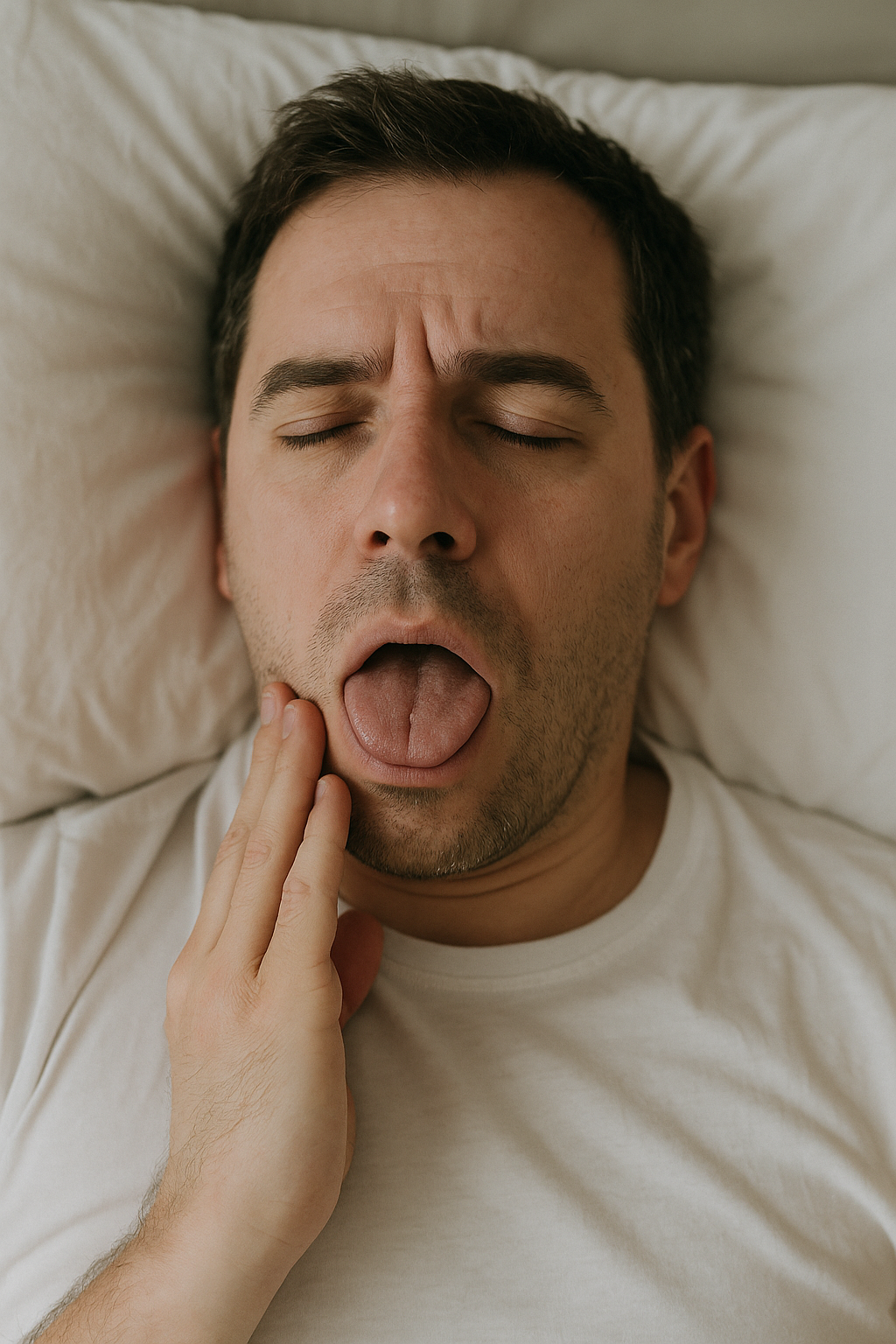
4. Oral Diseases
Poor oral hygiene or untreated dental issues like gingivitis and periodontitis can allow harmful bacteria to thrive in your mouth. These bacteria multiply while you sleep, causing inflammation, irritation, and dryness.
Good oral care—regular brushing, flossing, and dental checkups—can go a long way in preventing dry mouth caused by oral health problems.
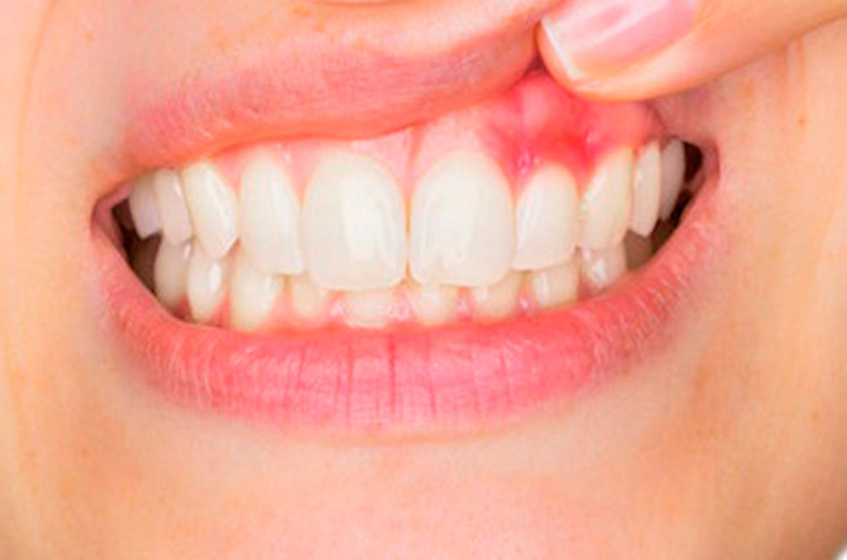
5. Diabetes
Dry mouth is a common symptom for people with diabetes, particularly during the night. When blood sugar levels are high, the kidneys work overtime to flush excess sugar through urine, leading to greater fluid loss and dehydration.
If you have diabetes—or suspect you might—dry mouth can be one of the first clues. Managing your blood sugar levels is crucial for overall hydration and health.
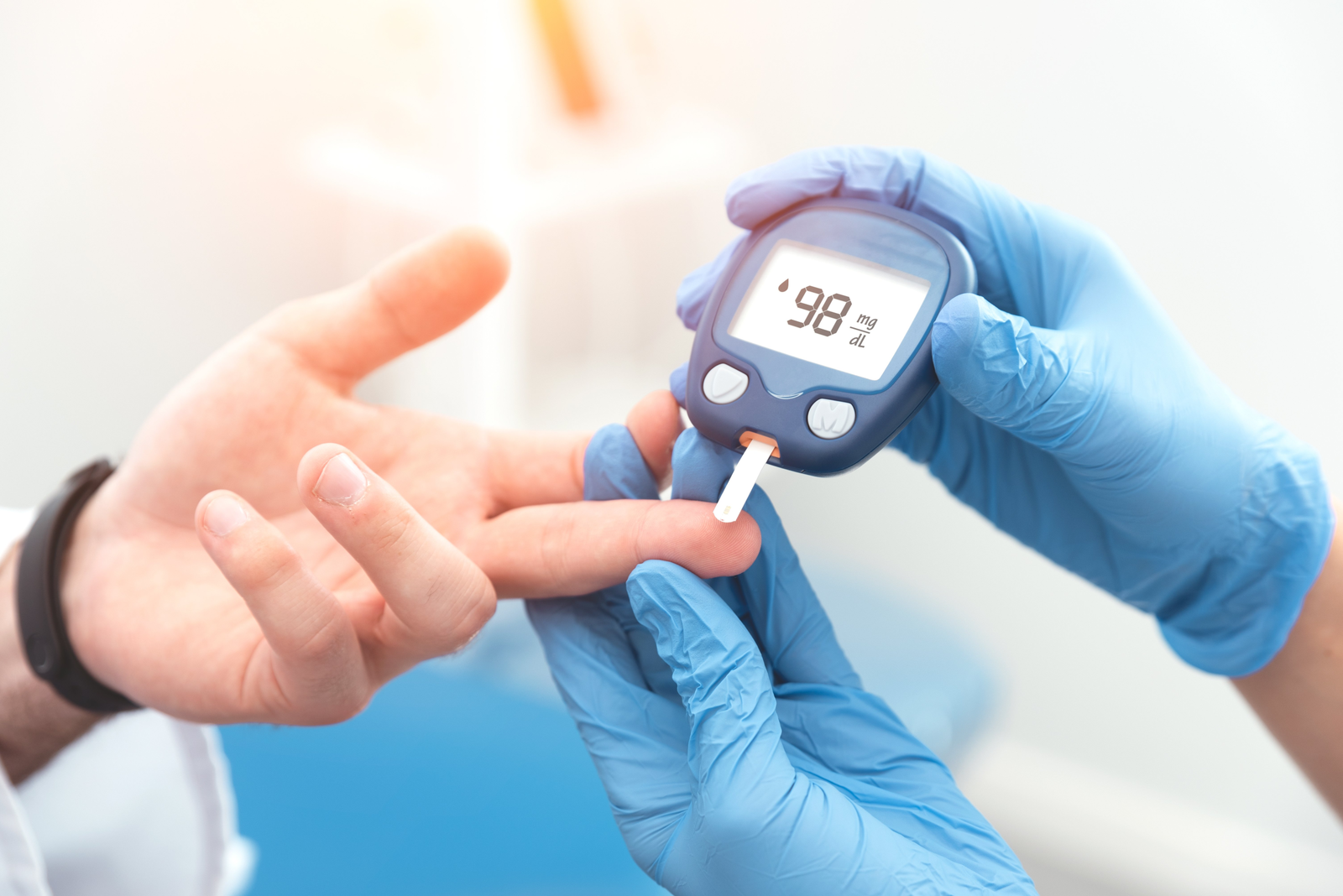
6. Bile Reflux
Unlike acid reflux, bile reflux occurs when bile—produced in the liver—flows back into the stomach or even the esophagus. This condition can disrupt sleep, cause indigestion, and contribute to dry mouth during the night.
Because bile reflux is often linked to liver function, keeping your liver healthy may help reduce this issue and improve nighttime comfort.
7. Fever
When your body is fighting an infection and your temperature rises, it naturally causes increased fluid loss. Sweating, faster breathing, and higher metabolic rates during a fever can all lead to dry mouth.
Staying hydrated and addressing the fever with rest, medication, or medical advice can help ease the dryness and promote recovery.
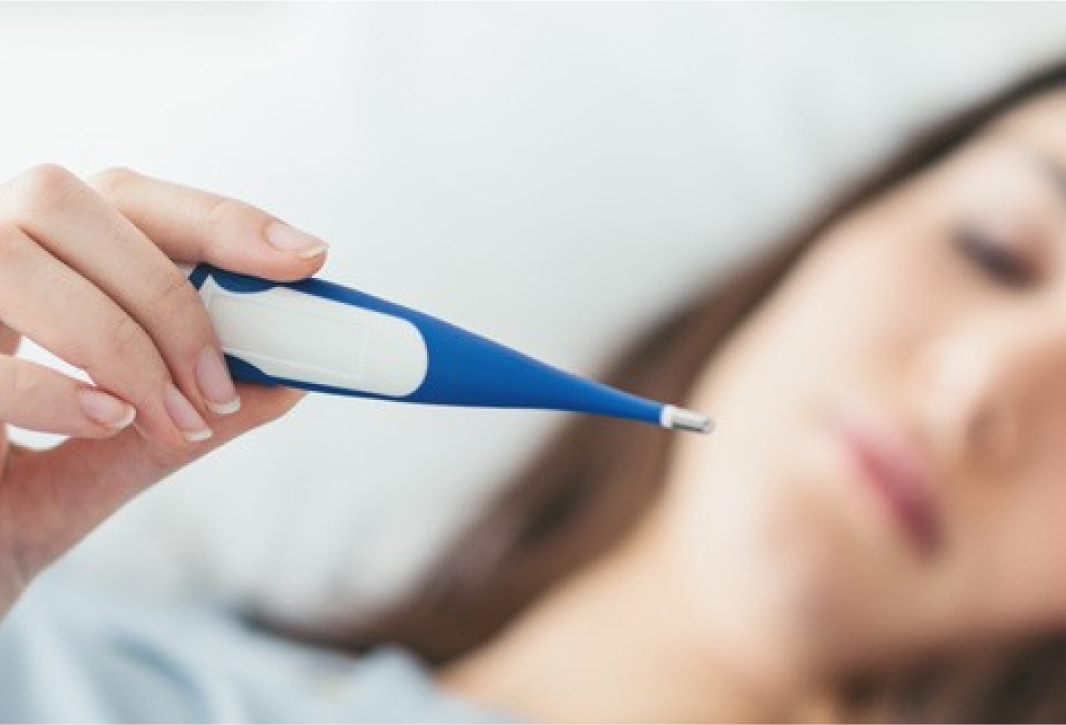
8. Hyperthyroidism
An overactive thyroid speeds up the body’s metabolism, causing everything from a racing heartbeat to increased thirst and frequent urination. The faster pace of body functions also means more water is needed—and often lost.
As a result, people with hyperthyroidism may frequently experience dry mouth, especially at night when the body isn’t replenishing fluids.
What You Can Do
If you often wake up with a dry mouth, it’s worth taking a closer look at your lifestyle:
-
Drink more water throughout the day.
-
Avoid salty or spicy foods before bedtime.
-
Practice good oral hygiene daily.
-
Get regular medical checkups to rule out or manage conditions like diabetes, liver issues, or thyroid problems.
Dry mouth might not seem serious at first, but it can impact your quality of sleep and may even be a warning sign from your body. Don’t ignore it—take steps toward better hydration and health today.
Disclaimer: Content is provided for informational purposes only and is not intended as a substitute of medical advice. Seek guidance of your doctor regarding your health and medical conditions.
